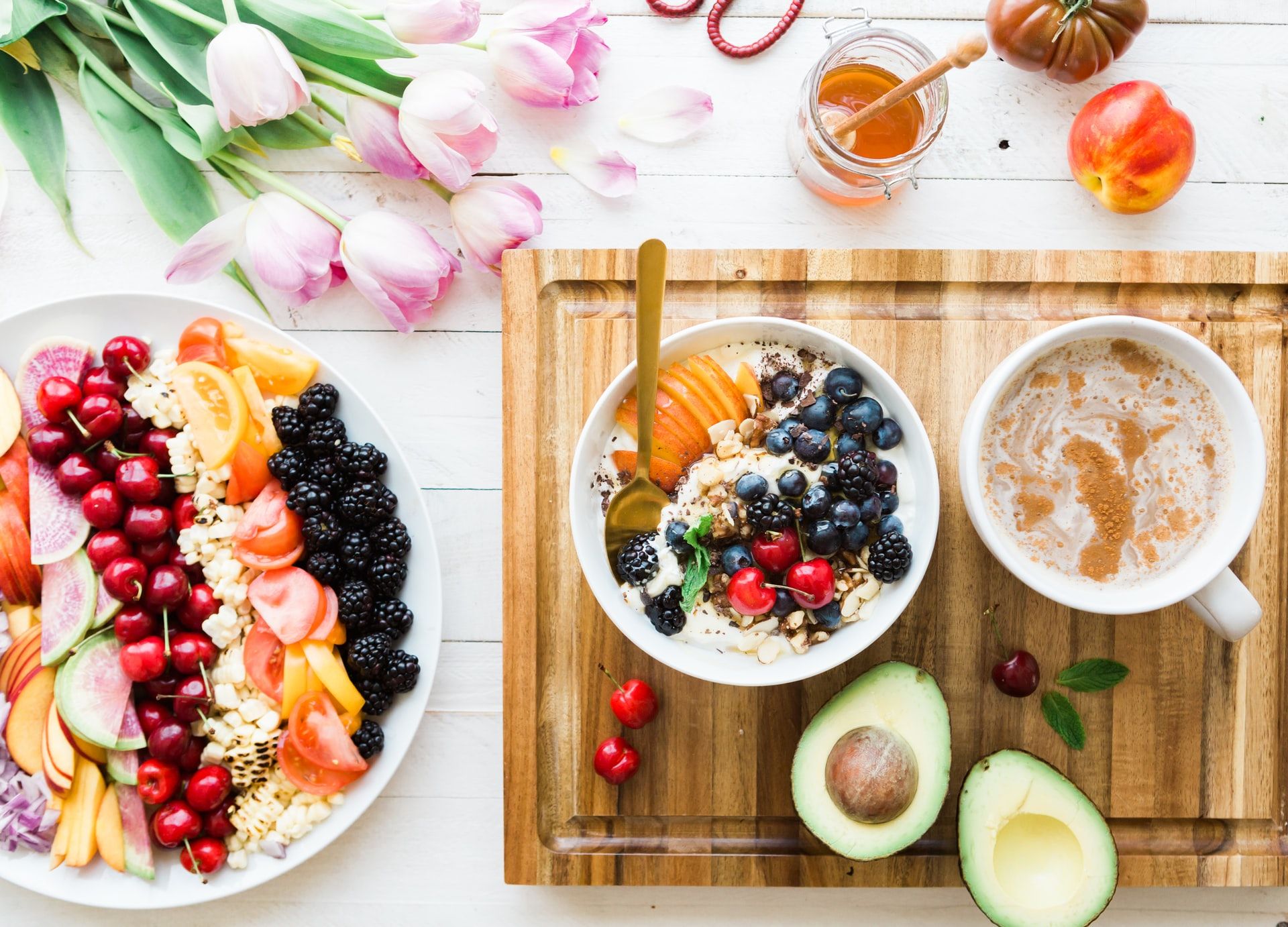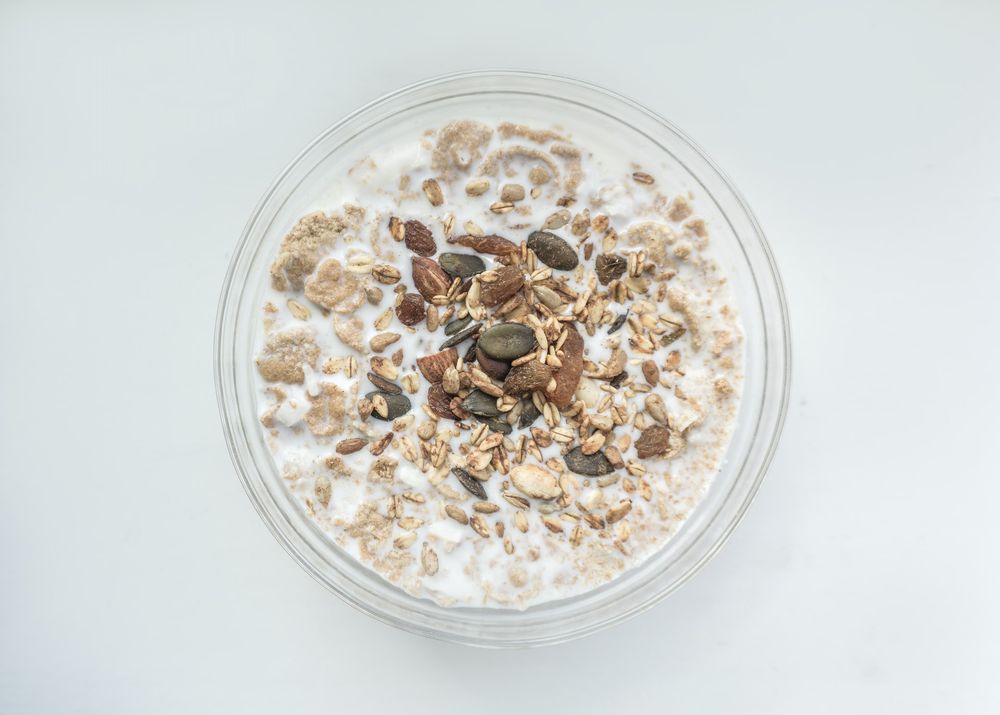Health benefits of Oats
The healthiest grains on earth, that is commonly taken for breakfast as porridge are Oats. Oats are a whole-grain food, known scientifically as Avena sativa, belong to the plante kingdom, grass family Poaceae and ‘aveno’ genus. In India oats are also known as ‘Jaie’.
The world's largest producer of oats is Russian Federation, with Canada coming in second as the world's largest oat producer.
In India, the cultivation of oats is widely done in Haryana and Punjab, using the organic cultivation process in paddy fields. Due to the amazing health benefits, oats have gained importance across the world.
Instant oats are the most highly processed variety and they take the shortest time to cook.
Oats are naturally gluten-free whole grains and are highly nutritious. They are excellent sources of carbohydrates, proteins, most B vitamins, minerals, fiber and antioxidants.
Half a cup (78 grams) of dry oats contains:
Calories : 303
Protein : 13 grams
Carbs : 51 grams
Fat : 5 grams
Fiber : 8 grams
Manganese: 191%
Phosphorus: 41%
Magnesium: 34%
Copper: 24%
Iron: 20%
Zinc: 20%
Folate: 11%
Vitamin B1 (thiamin): 39%
Vitamin B5 (pantothenic acid): 10%
Smaller amounts of calcium, potassium, vitamin B6 (pyridoxine) and vitamin B3 (niacin)

HEALTH BENEFITS
- Oats are a good source of beta-glucan fiber, which helps in proper function of bowel system.
- Oats may function like a natural face scrubber, and remove pollutants easily.
- Whole oats are rich in unique group of antioxidants called avenanthramide and beneficial plant compounds called polyphenols. Avenanthramides increase the production of nitric oxide. This gas molecule helps dilate blood vessels leading to better blood flow and help lower blood pressure levels.
- Oats contain large amounts of soluble fiber, and it helps reduce cholesterol and blood sugar levels, promotes healthy gut bacteria and increases feelings of fullness.
- They reduce both total and LDL cholesterol and protect LDL cholesterol from oxidation and thus they may lower the risk of heart disease.
- The soluble fibre beta-glucan, of oats may improve insulin sensitivity and help lower blood sugar levels.
- Oatmeal controls appetite by slowing down the emptying of the stomach and increasing production of the satiety peptide YY hormone (PYY). This may increase feelings of fullness and may help lose weight.
- Finely ground oats may help relieve symptoms of various skin conditions, including eczema.
- Some research suggests that oats may help prevent asthma in children.
- Oat bran can help reduce constipation in elderly individuals.
- Oat bran and whole oats are used for preventing high blood pressure; high cholesterol; heart disease, diabetes, gallstones, colon cancer, stomach cancer and digestion problems including irritable bowel syndrome (IBS), diverticulosis, inflammatory bowel disease (IBD), diarrhea, and constipation.
SIDE EFFECTS
Oats can cause intestinal gas and bloating. To minimize side effects, intake can be started with a low dose and slowly intake can be increased to the desired amount. Poorly chewed oats can cause blockage of the intestine.




